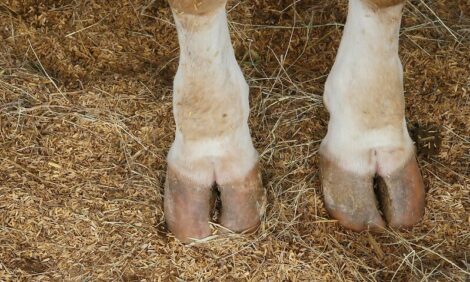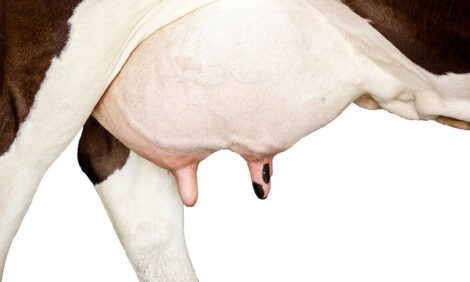



Australian farm confidence falls after lack of rain in some regions, survey shows
Pastureland in Tasmania, and Western and South Australia has dried upRising input costs and dry weather in parts of Australia during the winter crop planting season have reduced confidence levels among farmers, Reuters reported, citing a quarterly survey by Rabobank published on Wednesday.
Australia is one of the world's biggest shippers of agricultural goods. Farm confidence rallied earlier in the year after rains doused most of the country but Tasmania and Western and South Australia dried out in recent months, threatening crop yields and shrivelling pastures.
Rabobank's survey found 15% of Australian farmers expected the agricultural economy to improve in the coming year, down from 31% three months before.
Conditions were expected to worsen, according to 36% of respondents in the latest survey, up from 16% in the last poll, while 46% thought the situation would remain stable.
The bank conducted its survey before recent rain calmed nerves in dry areas.
Cotton growers were the most optimistic group amid expectations of a good season and rising commodity prices, Rabobank said.
Overall confidence was at levels typically seen during periods of pronounced and widespread dry weather such as in 2023 and 2018-2019.
"Although confidence has come down from the high levels we'd seen at the beginning of the year, overall conditions in the agricultural sector are still good," said Rabobank executive Marcel van Doremaele.
"There has been rainfall in many agricultural regions, setting up the planting conditions for the winter cropping season, while the potential of a La Nina developing in the second half of the year is holding additional promise."
La Nina is a weather phenomenon arising from cooler sea surface temperatures in the Pacific ocean that generally brings wetter conditions to eastern Australia.
"And commodity prices - while down from the very high levels seen a couple of years ago - are overall reasonable, for example in grain, dairy and cotton," van Doremaele said.



